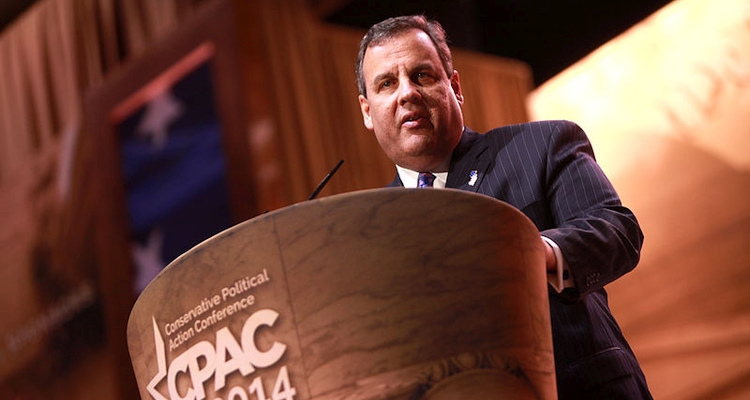Governor Chris Chistie of New Jersey has not yet said whether he will veto or sign into a law important legislation that would help struggling casinos in Atlantic City. New Jersey law dictates that the governor has 45 days to act on legislation or it automatically becomes the law of the land. The 45 day period comes to a stop when the originating chamber is out of session. The Assembly is expected to go back to work on Monday and if the house is called to order the bills will become law without his signature.
There are five Atlantic City casino related bills gathering dust on the governors desk and the one most watched by casino operators would allow the city’s eight surviving properties to make “payments in lieu of taxes” for the next 15 years. The value of the measure to the casinos is that they would be able to budget known payment amounts rather than deal with fluctuating property and other values most likely to increase over the next decade and a half. Normally pundits would be calling the measure a slam-dunk, but most of the casinos still in operation after four closed last year are actually operating at a profit. Two of the closed casinos were also profitable but were shuttered to reduce competition and help the eight so-far remaining to survive.
One of the eight remaining casinos, Trump Taj Mahal, has said it will close if part of its bankruptcy plan cutting health insurance benefits is changed. One of the measures on the governors desk mandates health insurance coverage and retirement benefits for casino workers. October revenues showed only Taj Mahal and Bally’s not making a profit in the streamlined market.
The bills were sent to the governor along with 64 others in June. All will become law without his signature if the governor decides not to act before a quorum is called in the Assembly.



